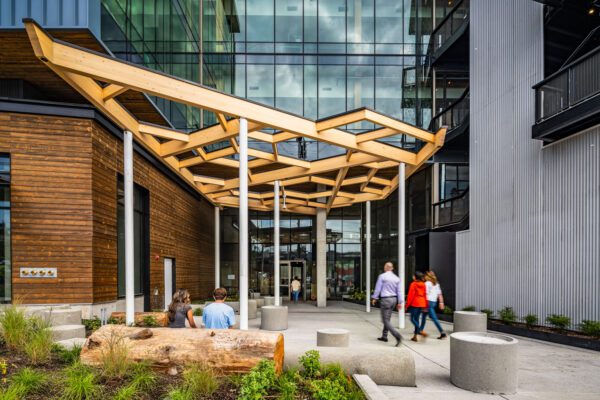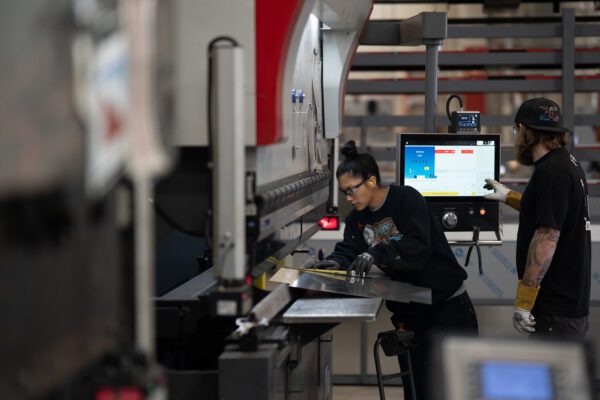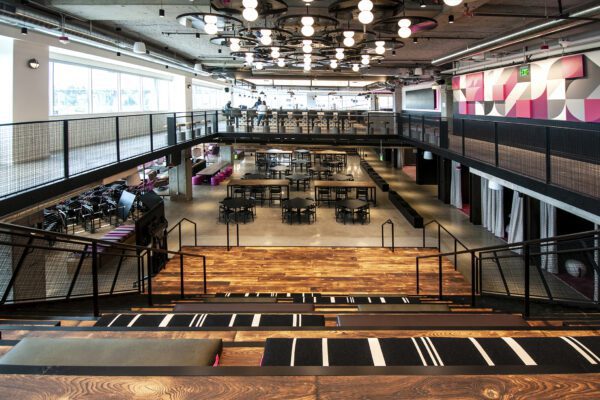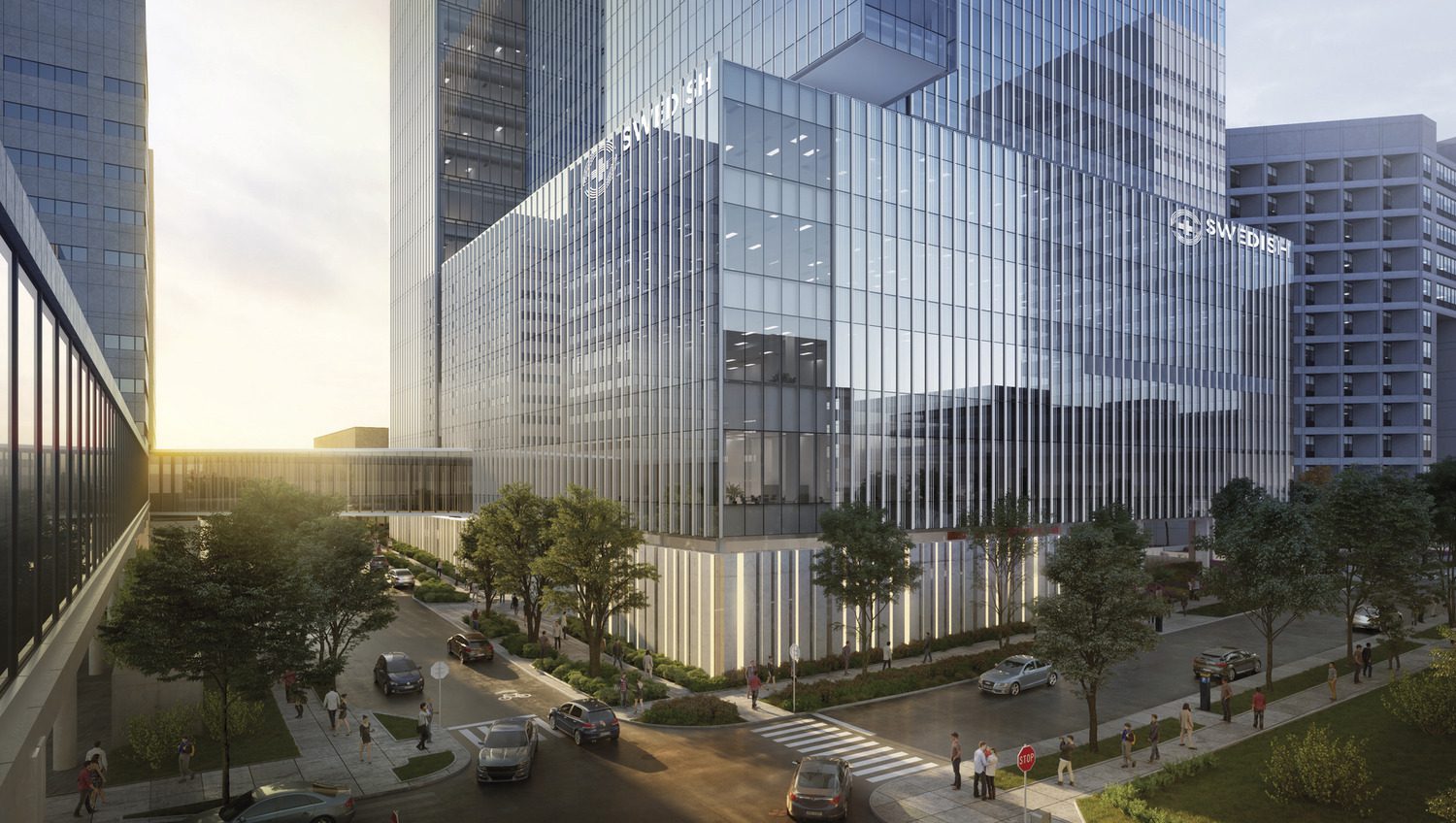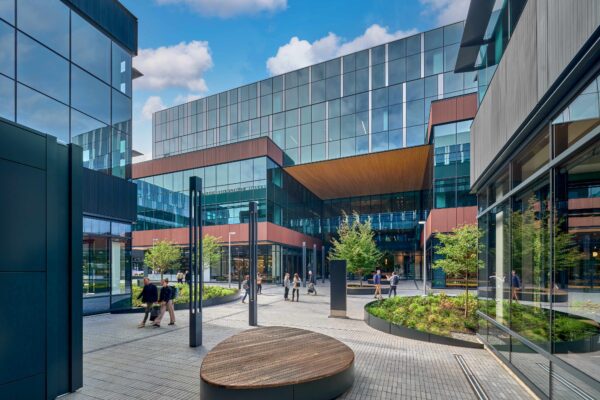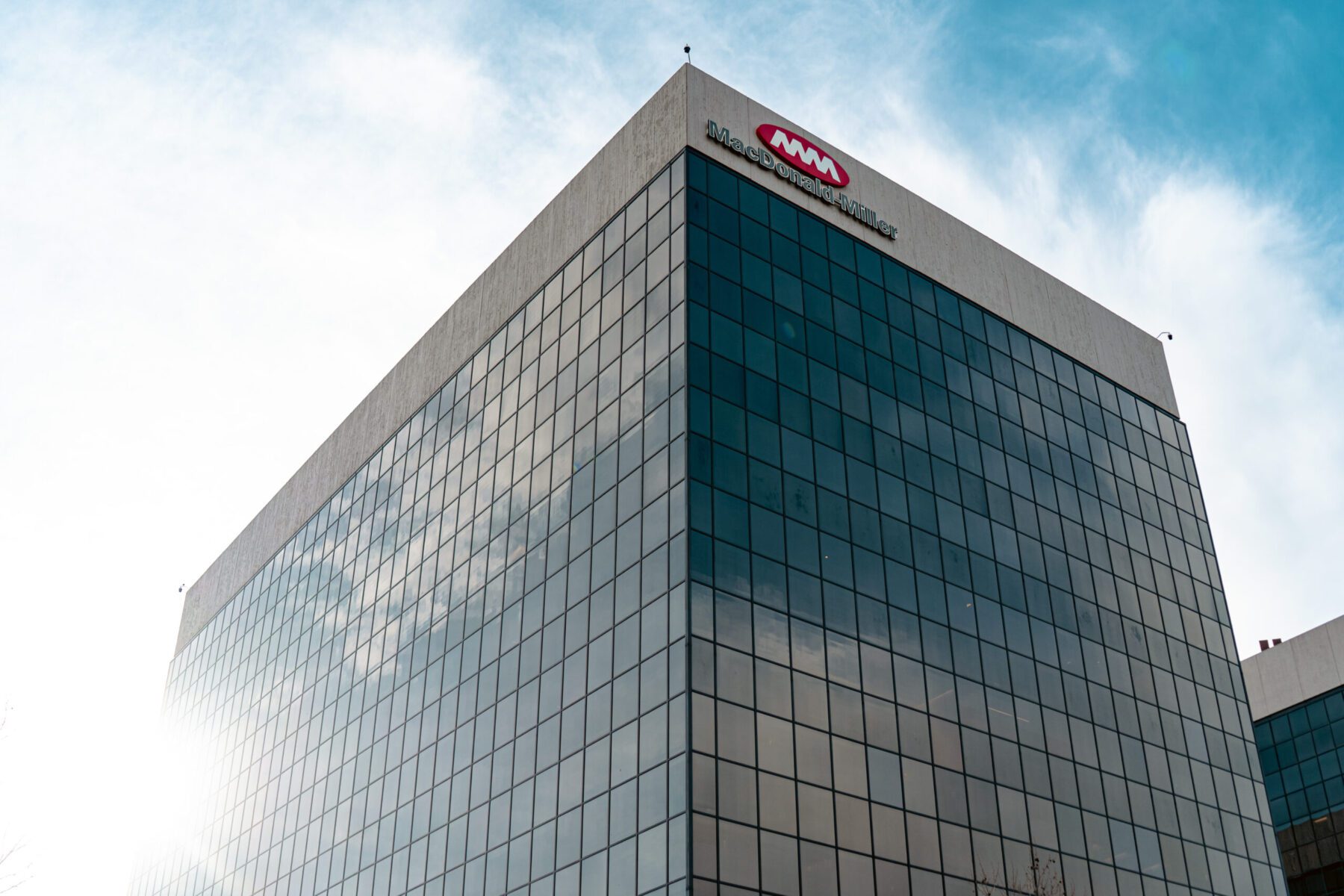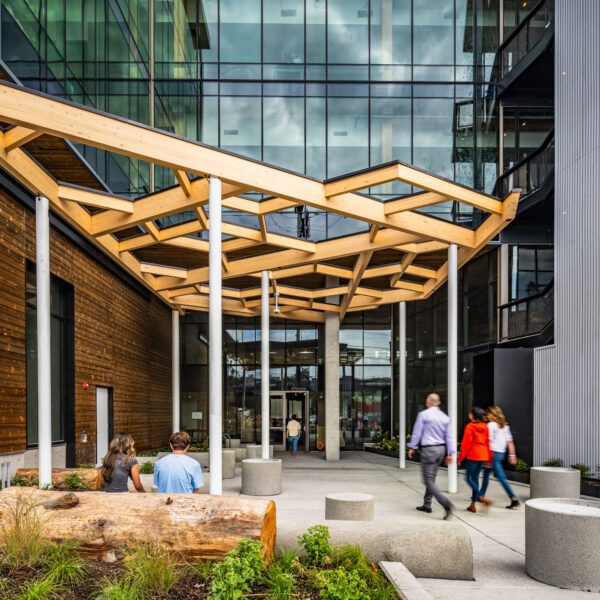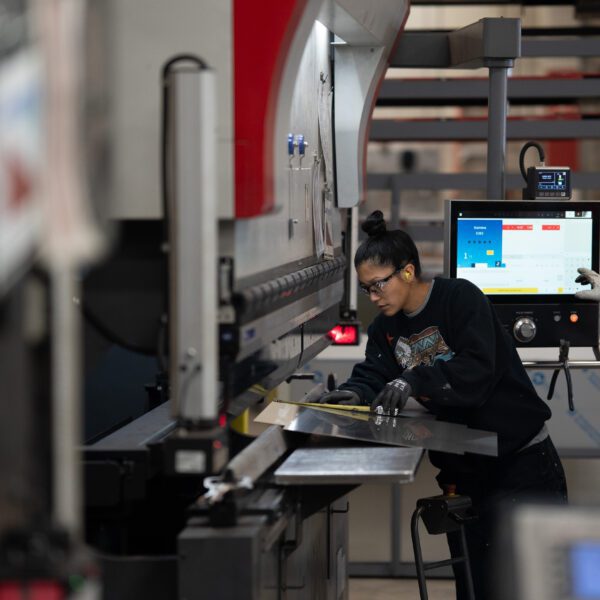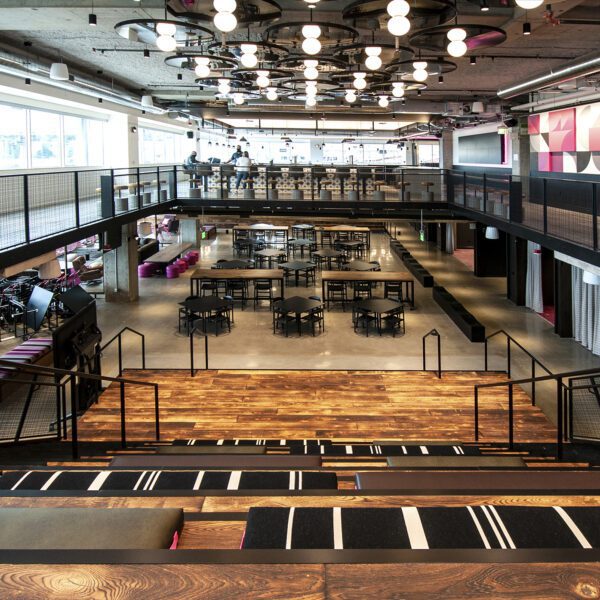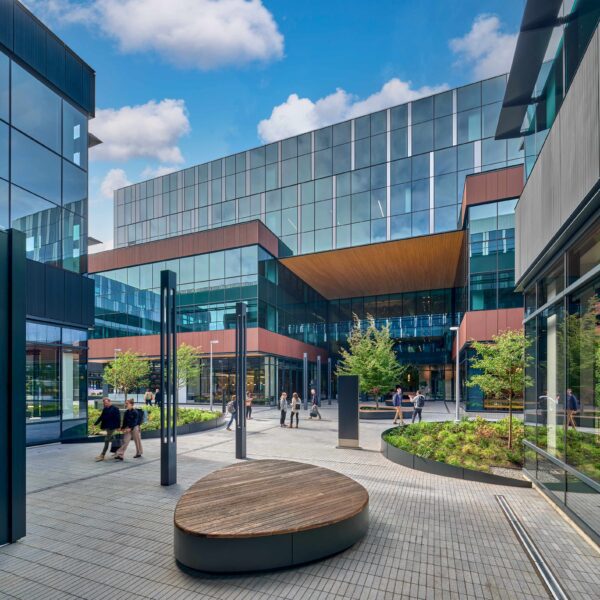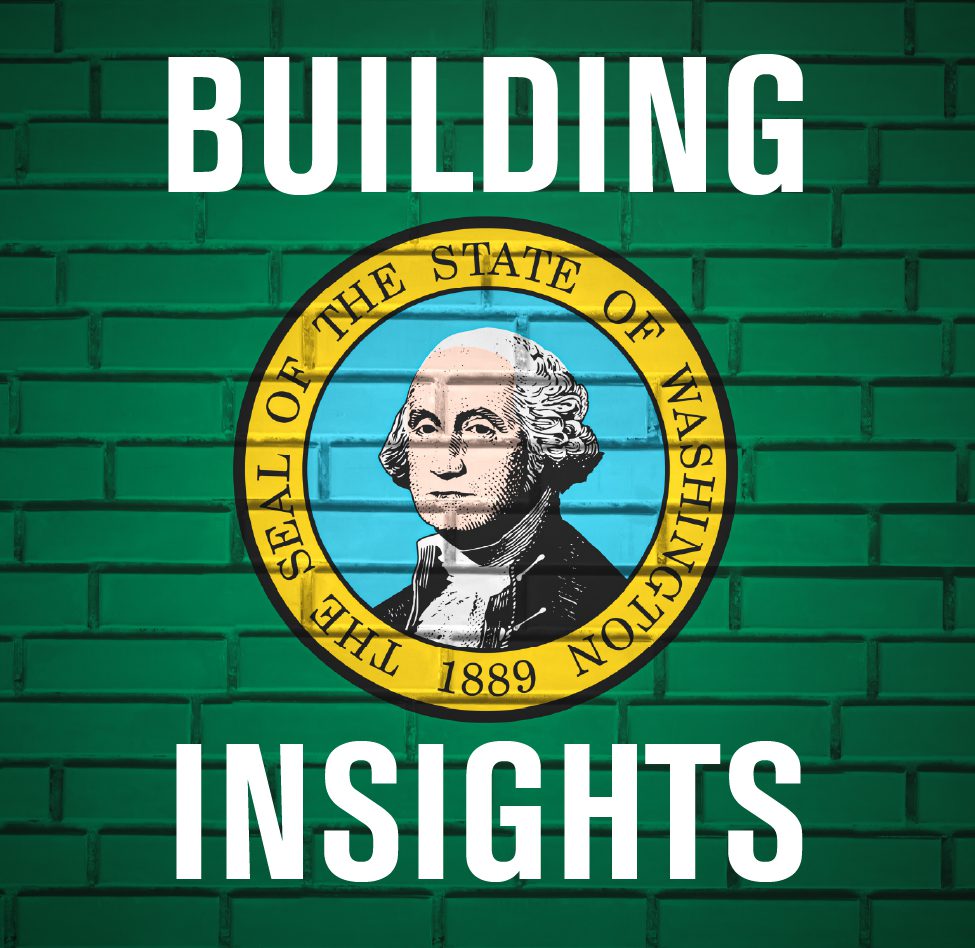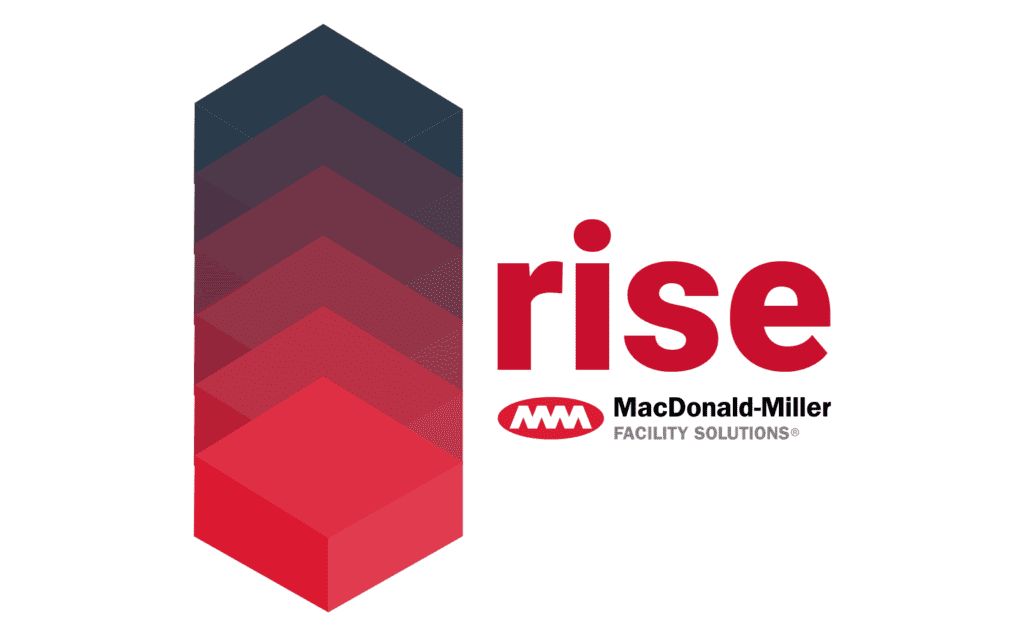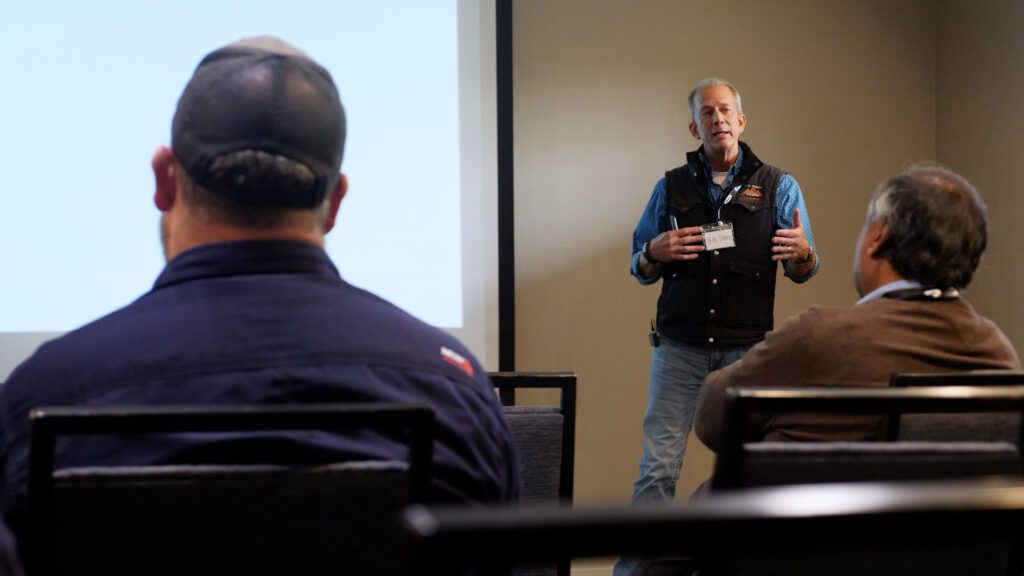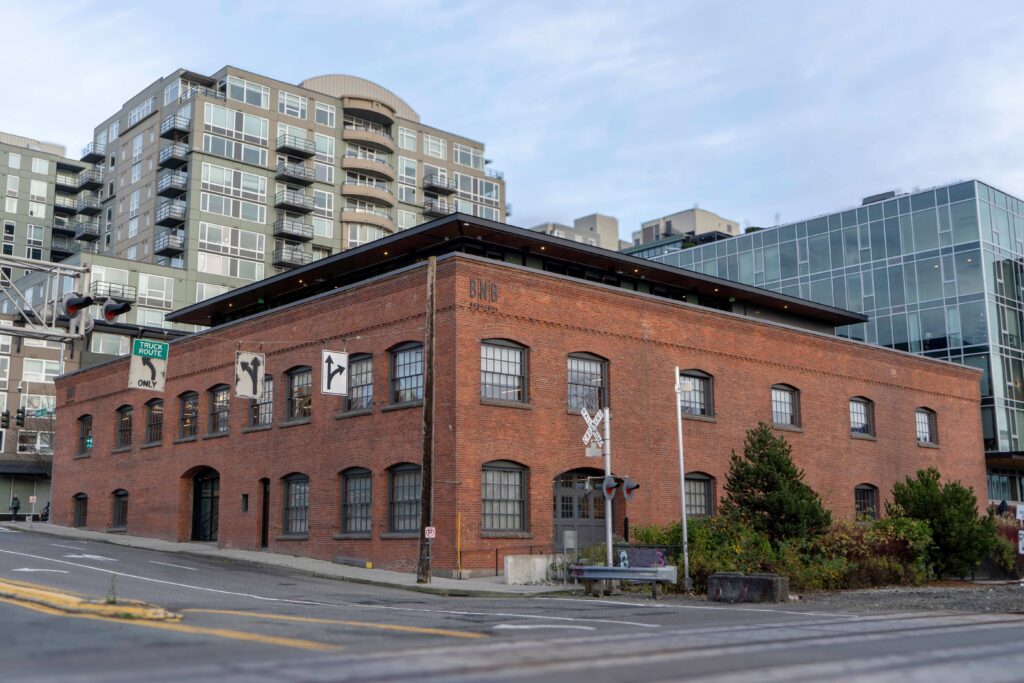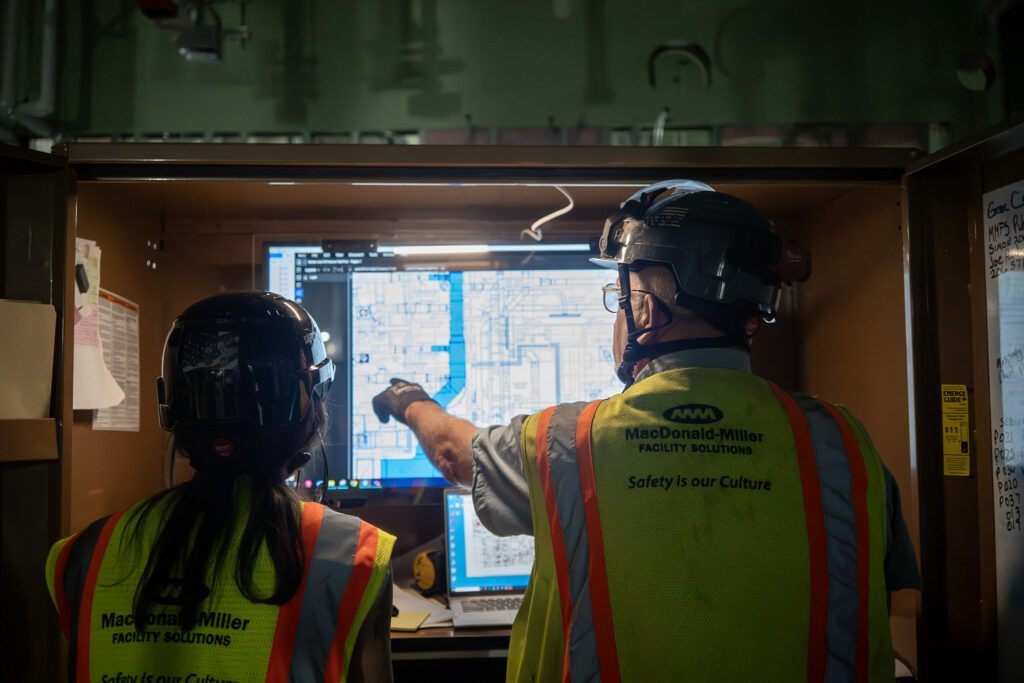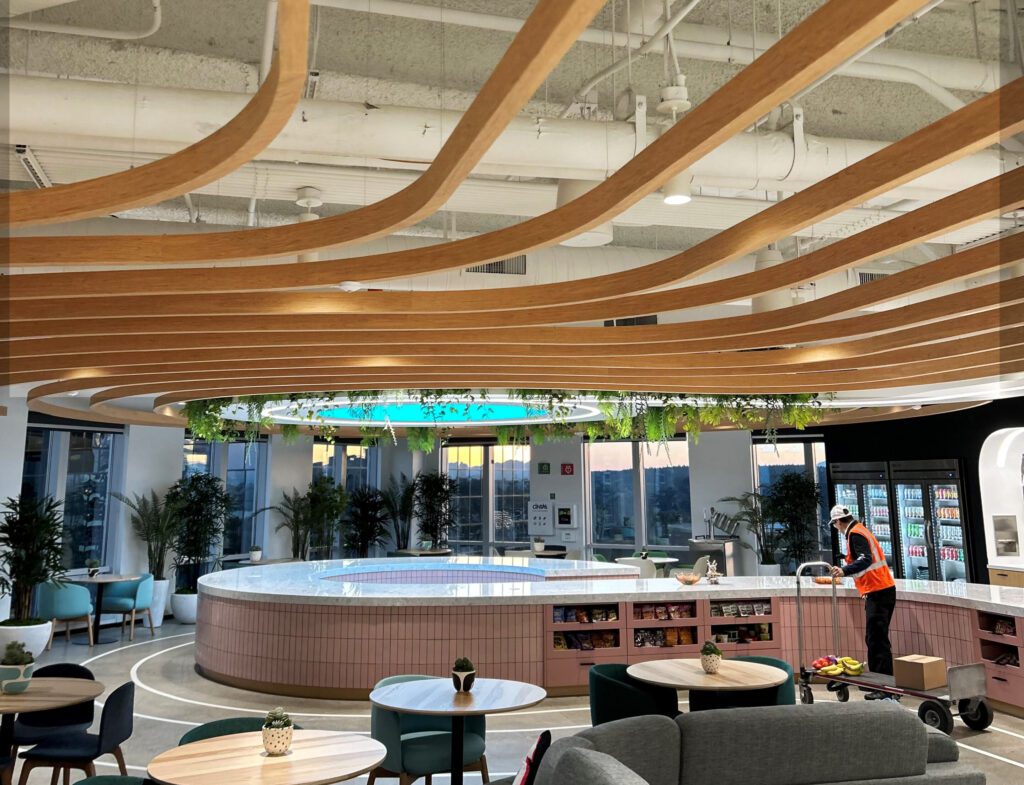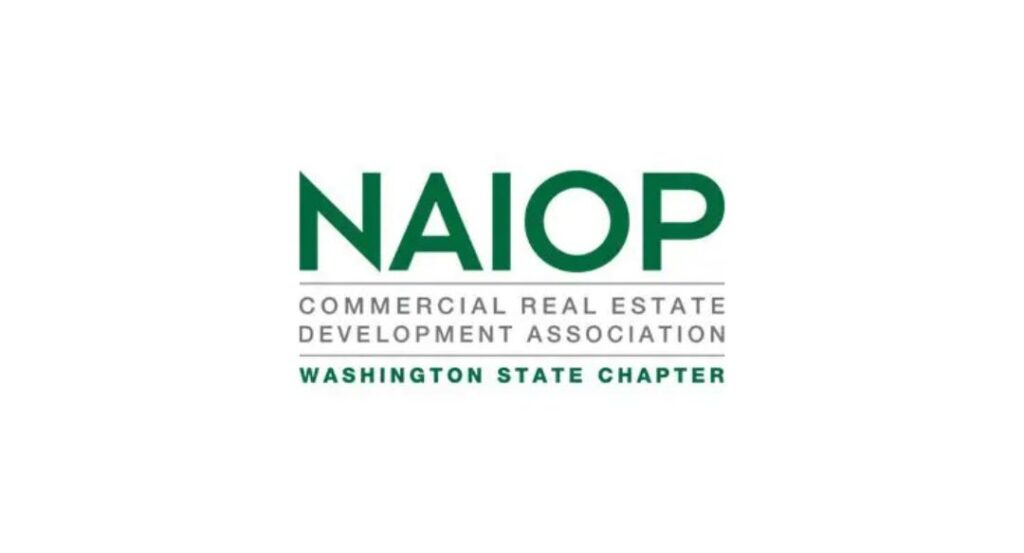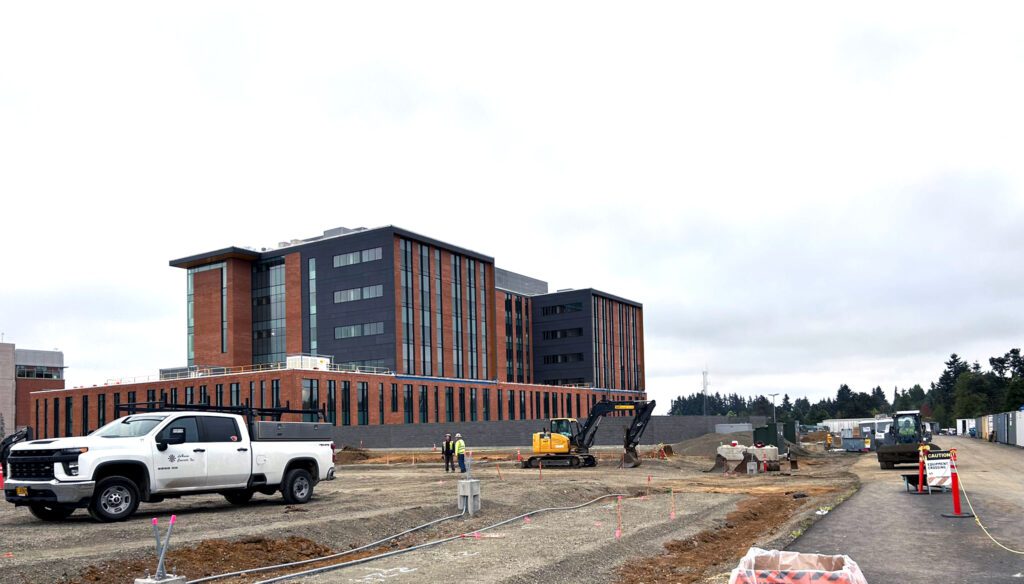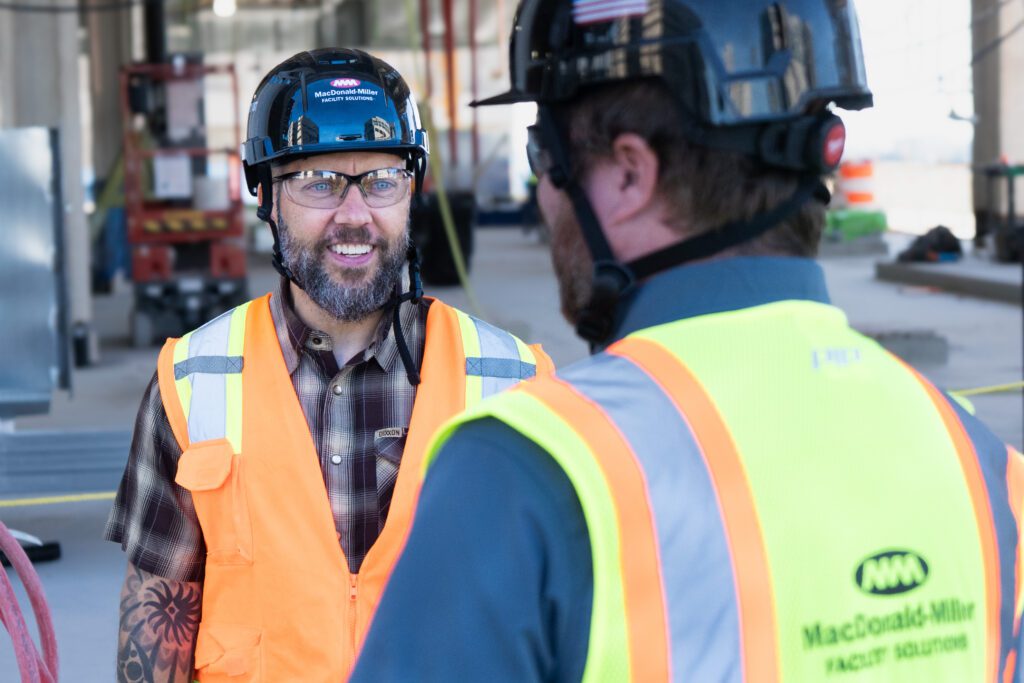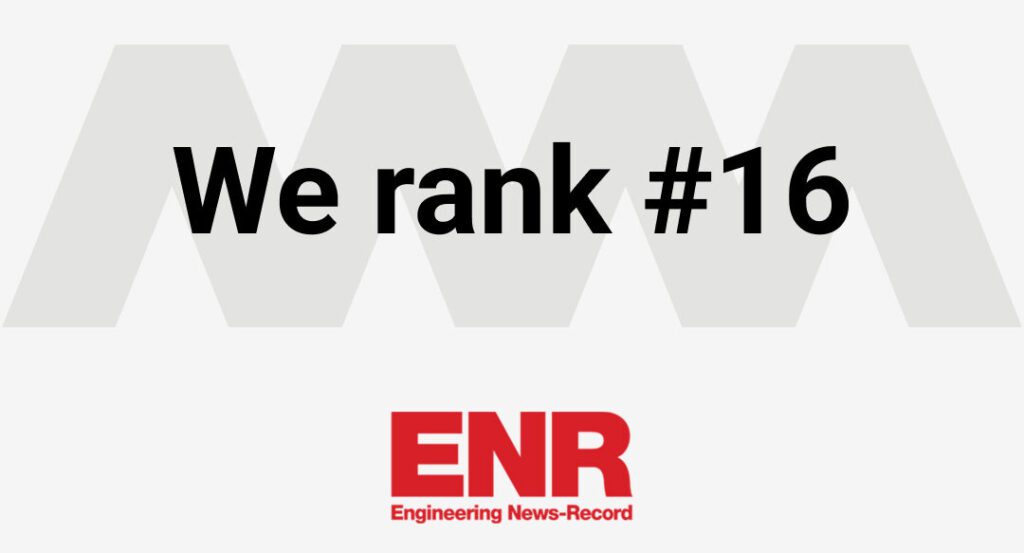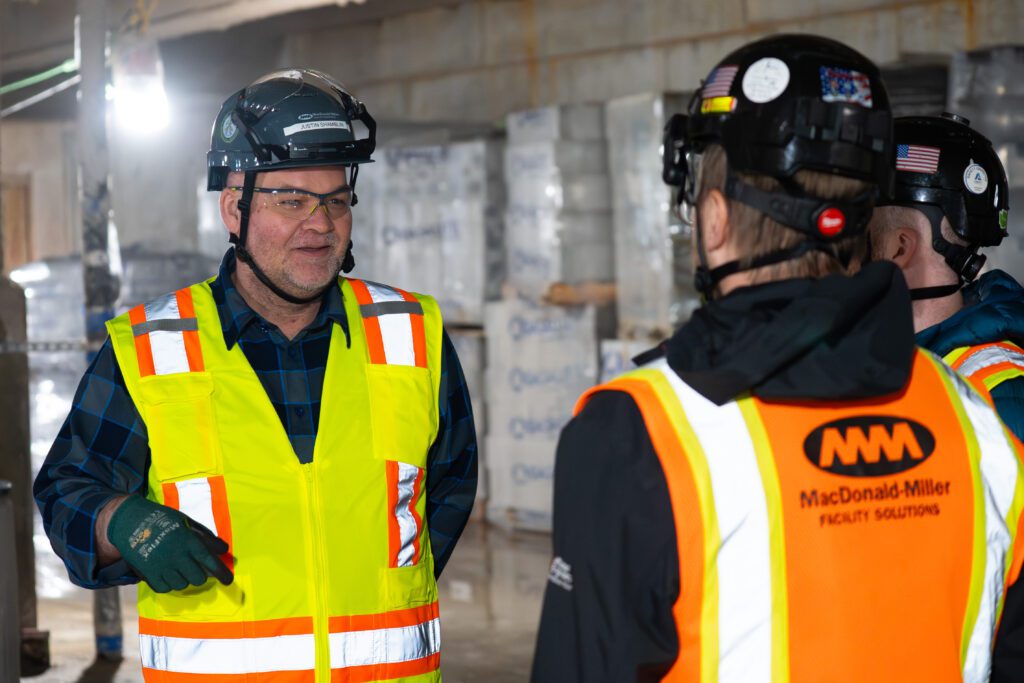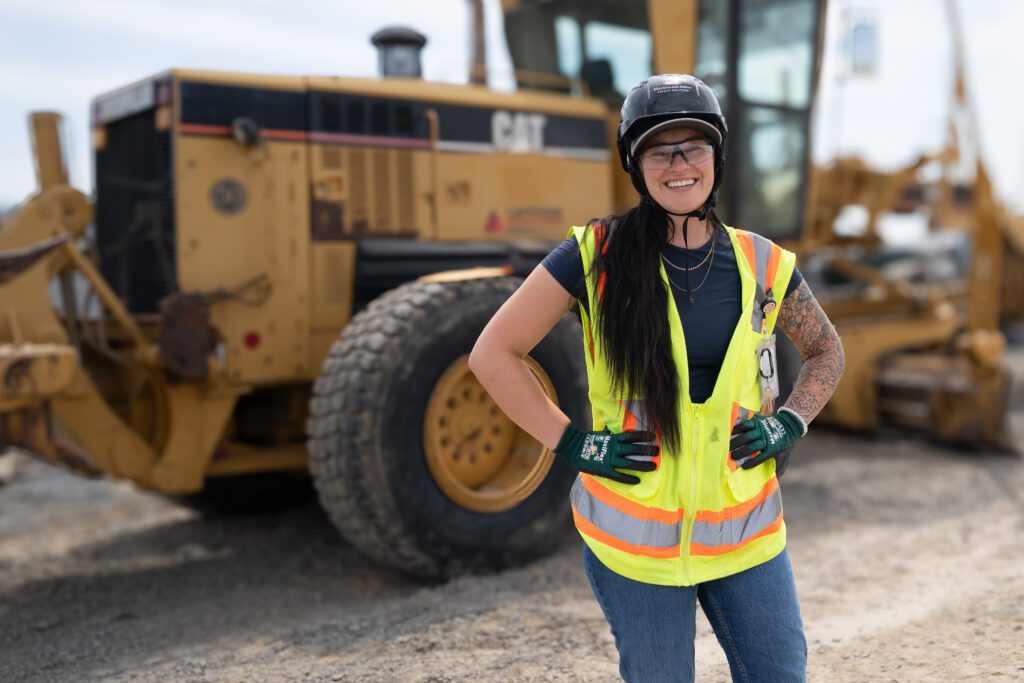Washington states recent votes on natural gas and carbon cap-and-trade will affect building codes and industry practices.
As we gain more clarity on the results of the recent Washington election, it’s clear that voters want energy flexibility and environmental protection.
I-2066 Passes: This initiative reverses a 2024 law, allowing continued natural gas use and repealing regulations favoring electrification. It ensures natural gas access for eligible customers and provides regulatory flexibility for utilities.
While convenient for homeowners who don’t want to pay to replace their existing natural gas systems, it represents a speed bump in the state’s progress in reducing energy consumption and emissions. The interconnected aspects of I-2066 could lead to legal challenges, and disputes over the language may require court resolution. In the meantime, there are no immediate changes to the 2021 Energy Codes or Performance Standards.
Although I-2066 supports natural gas use, Washington buildings must still comply with the 2019 Clean Buildings Performance Standards. By June 1, owners and operators of buildings over 220,000 sq. ft. must benchmark energy use and implement an energy management program to meet energy intensity targets.
I-2117 Defeated: The rejection maintains the carbon cap-and-trade system, requiring large polluters to pay for emission permits and incentivizes carbon footprint reduction.
The Takeaway
At first glance, voters’ choices on these issues may seem contradictory, but they align with what happened at the national political level. Voters in Washington are concerned about the economic impact a move away from natural gas (and the assumed expenses that come with it) could have on their pocketbooks. The economic storyline and a greater feeling that the economy is not going the way voters want played out on the national stage as well.
But even as Washingtonians said no to removing natural gas options, they said yes to greater environmental accountability, rejecting I-2117.
Voters in Washington and other states like California and Louisiana passed legislation to improve climate protections. In Washington, it’s clear that voters want to hold large polluters accountable and think a cap-and-trade system is a good way to do so.
— Ben Gezon is Vice President of Engineering at MacDonald-Miller
